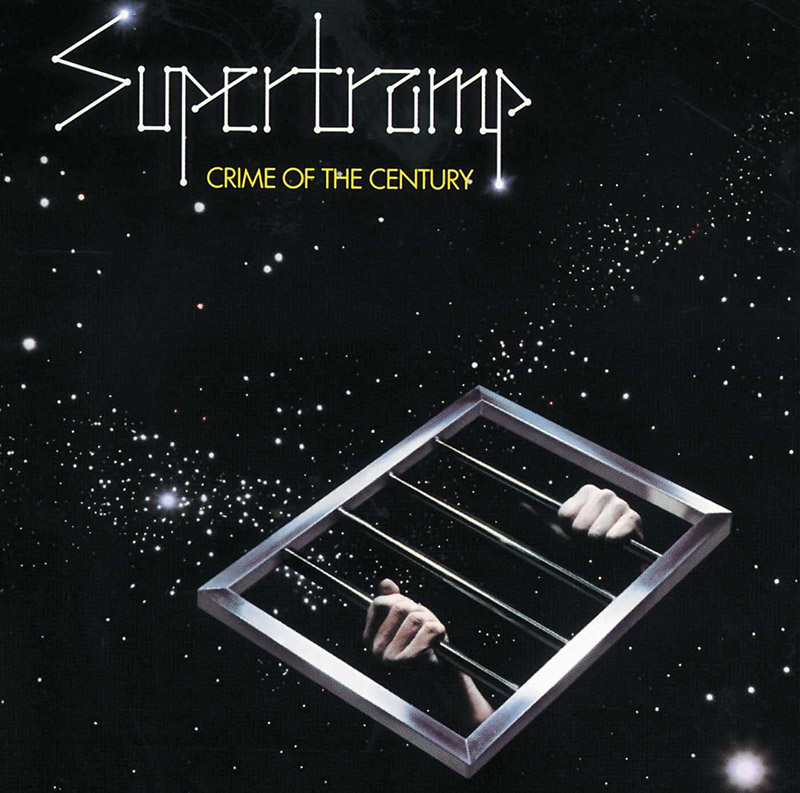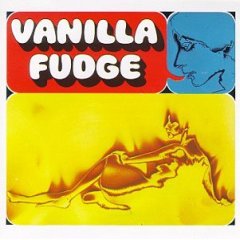 Album: Crime of the Century
Album: Crime of the Century
Artist: Supertramp
As much as I love rock music, I’ll admit that it can get stale without some creative risk-taking. I sometimes wonder if new or aspiring musicians are intimidated by veterans of the genre because they fear they can’t emulate that level of impact on our culture.
I think it’s more important to reflect on your personal experiences and explore avenues that will help you express yourself as authentically as possible. The currently-disbanded Supertramp, known for blending art pop with progressive rock, had been doing just that for nearly half a century.
Despite listening to many bands from the 70s and 80s, it’s rare for me to find more than one song by any of them that stands out from the rest. Needless to say, Supertramp is an exception. “The Logical Song”, “Give A Little Bit”, and “Goodbye Stranger” are among my favourite songs of all time.
Revisiting their 1974 album Crime of the Century, however, reminded me that a perfect recording from start to finish can exist. This was the feat that earned them international recognition, and in a way, could be compared to Pink Floyd’s The Dark Side of the Moon released a year earlier. Both respond critically to the promises of 60s idealism by drawing attention to its consequences for society – especially young people trying to find their place in the world.
But while Dark Side tends to focus on big-picture issues, Crime takes a more introspective approach by showing the gap between a societal and individual understanding of what is and isn’t acceptable human behaviour. As implied in the lyrics, this leads to feelings of turmoil and solitude among youth that must be addressed empathetically rather than deeming them hopeless.
Supertramp strikes a balance between escapist and provocative sounds in their music, starting with “School.” It contains three transitions, each with their own tune; whether from the opening harmonica that suggests abandonment to a contrast between edgy blues and an almost joyous funk. Its companion piece “Bloody Well Right” features a more engaged piano and John Helliwell’s progressive saxophones.
The most magical of these tracks is “Dreamer”, especially as it fades to a soft glass harp and celesta also played by Helliwell. The song builds crescendo throughout much of its runtime, combining a phaser, flanger, and pizzicato on the keyboard to offer a weightless, transient listening experience.
Lead vocalists Rick Davies and Roger Hodgson, who also wrote and provided music for the album, share four duets and have two solos each. I prefer Hodgson’s high-pitched voice for its surreal quality, but Davies excels at portraying a sense of despair when necessary.
Crime’s soundscapes are layered and dynamic, but there’s never a time when I think that the production is overdone. Without resorting to grandiose theatrics, Supertramp succeeds in creating a seemingly unattainable silver lining. Any blissful moment is overshadowed by dark themes that remind you of the foreboding, and you, as the listener, have no control over that unshakeable emotion.
And that’s exactly the point: an audience wants to know how the band sees the world, not what they believe the audience wants to hear. It may turn out to be a real eye opener—or it may help those listening find just the right words to describe their own experiences.

